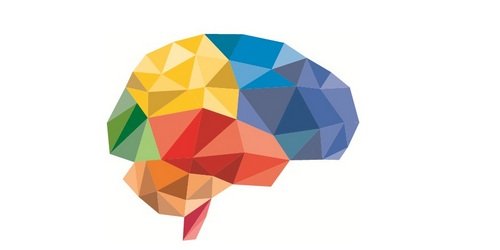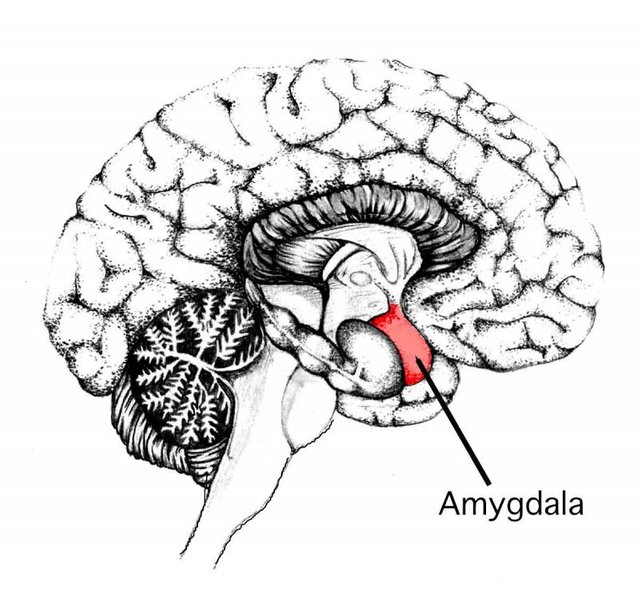The popular believe is that always the wisest path in any aspects of our lives is followed by making our decisions in the most impassionate and emotionless way, as if we had to focus on draining our hearts and leave only our logical reason to do the job.
But when you try to take this into practice, you will face the reality; without emotions, without a more humane and sentimental perspective, we are nothing. Our minds become in a just storage for knowledge, able to hold many data in theory, but incapable to actually do something with it.
Now, you might feel like doubting. I understand it might sound silly to you, as if I were talking about the robot in “The wizard of Oz” who was in need of a heart. But someone who has a stronger and persuasive argument, might be quite more convincing on the matter.
The emotional father
Daniel Goleman, a well renowned American psychologist brought the concept of emotional intelligence back in 1995, which started a revolution, as the same book cover states, to what we consider is part of being an intelligent individual.

In his book, the emotional intelligence, he offers the readers a whole new perspective on what abilities are the ones that can make it or break it the course of our lives and careers. It’s all very simple; the way we manage our emotions, how we learn to listen to them and also control our reactions is key for a good development in any social sphere.

But you guys already knew that right? That brings us back to where I started, it seems a lot more convenient to just turn off our emotional side as a whole, so we could act without that obstacle which slows down our decisions. Simple and effective, right? Well, not so much.
There’s two essential points that Goleman exposes that can turn down that terrible idea in 0.2 seconds flat. (Or more like the time it takes you to read them, which is still quite fast)
Impaired for Decisions
One example that really stuck to me, was the story of a man who suffered a brain surgery in which his amygdala (The control center on the emotional brain) ended up being damaged. This didn’t seem to cause an immediate problem in his daily life, but slowly everything started to mark a pattern of failure. He lost his job, his wife and pretty much anything else in little to no time, leading him to a depression which made him find psychological assistance.

This man could remember with great detail every date with every pros and cons about each, but was absolutely unable to decide which one was more convenient to meet up with his psychologist, for one simple reason; without the emotional analysis of things he had become so indifferent that he couldn’t complete any task that involved a decision -not even the slightest- and this proved the destruction it could cause in every possible aspect. He just couldn’t take any decisions anymore.
Chaotic Social Development
On the other side, the product of an ignored emotional side will just translate in a series of awful personality problems, going from anger, violent tendencies or just an absolute inability to initiate a social interaction. An environment of scarce emotional stimulation, which can be presented in the form of a home lacking family time due to work schedule, translates into individuals who can hardly find a comfortable place into society, struggling to act in an adequate or “acceptable” way.
Goleman makes sure to put across the necessity that every person has to have a proper acknowledgement of their emotions, learning how to take advantage of the proper management of them paired up strategically with our most rational side and how this can become the key to the success in both our professional and personal lives.
.jpg)
So in the end, no amount of brains will help us if we don’t have our heart in the right place. I would love to hear your opinions on the subject and share a little more on this fascinating subject.
Hope to read your comments!